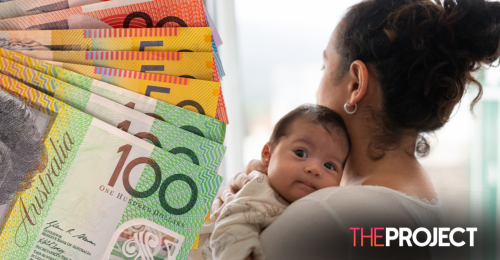And by 2007 the birth rates began to rise.
Ten years since the population-boosting policy was put to bed, Australia’s fertility rate is nearing a record low.
It’s a similar situation around the world where some countries are again throwing money at the issue.
Donald Trump is promising a cash-for-kids scheme if re-elected, while South Korea is considering a $105,000 bonus for new parents, with projections their population will fall 60% by the end of the century.
But this time round the Coalition’s not convinced cash is the answer, ruling out a return to the baby bonus.
Parenthood chief executive Georgie Dent said society has changed "really dramatically" over the last 50 years.
"Women participating in the workforce at a greater rate is one of those sort of fundamental changes that we've had," Georgie said.
"But one of the peculiar things about Australia is, we've got a really high rate of educational attainment for women. But we've actually got a peculiarly low workforce participation rate for women after they have children.
"And that is a reflection of the fact that here in Australia, it's actually quite difficult to combine your paid work with your caring responsibilities.
Georgie said women not returning to the workforce because they "don't want to do that", but reather it is very difficutl.
"It's that it's actually really difficult to find a job that is flexible, where you're supported,where you can combine the legitimate needs that your children have, with your need to be present and available and productive at work," she said.





























